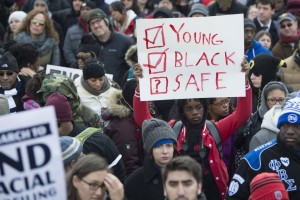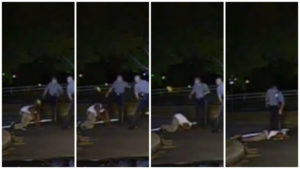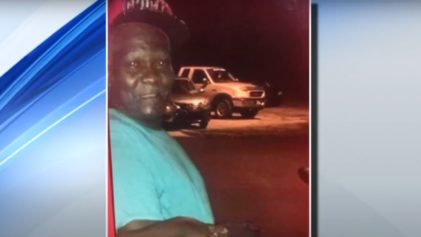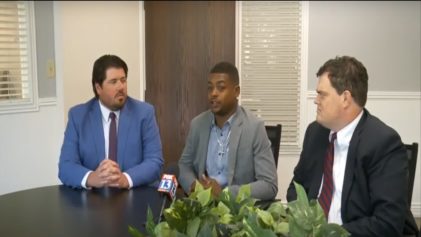
From the ongoing issues of poverty to the lack of educational opportunities for Black children, the many plights facing the community have been highlighted and ultimately linked to the Black Lives Matter movement.
After all, all of these issues play a factor in the tragedy that has manifested itself today.
But as discussions of the issues continue on even today, ongoing proposals for solutions have been scarce and many are one-dimensional approaches that underestimate or blatantly ignore the previously discussed issued at play.
When one author and reporter asked his massive collection of readers what needed to be done about the racial biases plaguing policing in America, it became extremely evident that the blame was being placed on Black citizens.
While many proposals insightfully explored police body cameras, new policing regulations and community initiatives, many others were rooted in the assumption that the oppressed are the problem and therefore need to change their ways to create a solution.
Don’t run from the police.
Always listen to the police.
Get Black families back together.
Live a conservative lifestyle.
Stop fornicating. Yes, even a Black person’s sexual exploits were proposed as reasons why they are getting gunned down and choked out by police officers on a daily basis.
While Pitts plans on exploring many of the solutions in a series this summer, he decided to pen an early article to address the people he believes, or at least hopes, just didn’t understand the question.
“Let’s be clear,” Pitts wrote in the Chicago Tribune. “The question of what African-American people can and should do in the cause of African-American uplift is a valid one. But to suggest—as many readers did, as certain pundits and politicians have—that uplift is the answer to police brutality is to miss the point. The issue here is not: What can Black people do to improve themselves? Rather, it is: What can we do to stop cops from assaulting them for no reason?”
He pointed to the case of 30-year-old Lateef Dickerson to make his point.
Back in 2013, video of Dickerson being kicked in the face by a police officer shocked everyone who laid their eyes on it.

Upon Webster’s arrival, Dickerson had his hands high in the air.
Webster ordered him to the ground but as Dickerson made his way down, the officer kicks him so hard in the face that his jaw is shattered and Dickerson is knocked unconscious.
Certainly the officer was immediately reprimanded and fired? He must have been forced to pay for the young man’s injuries and retire his badge for good.
Not quite.
A grand jury failed to indict the officer and it wasn’t until earlier this month, roughly two years later, that the officer was finally indicted on felony assault charges by a second grand jury.
Pitts posed a new set of questions to his readers—if obeying the police and refusing to run is really at the heart of police brutality issues, why was Dickerson still brutally attacked as he complied with the officer’s every command? How was “fornication” giving the officer no choice but to send his shoe crashing against Dickerson’s face?
“To date, I have seen no satisfactory response,” Pitts reveals.
As answers continue filling his inbox, he is up to more than 700 emails, he hopes more of his readers will redirect their scrutiny and criticisms away from the ones being placed in chokeholds, shot in the back and kicked in the face and focus it on the ones who are constantly being given the “benefit of the doubt even when there is no doubt.”


